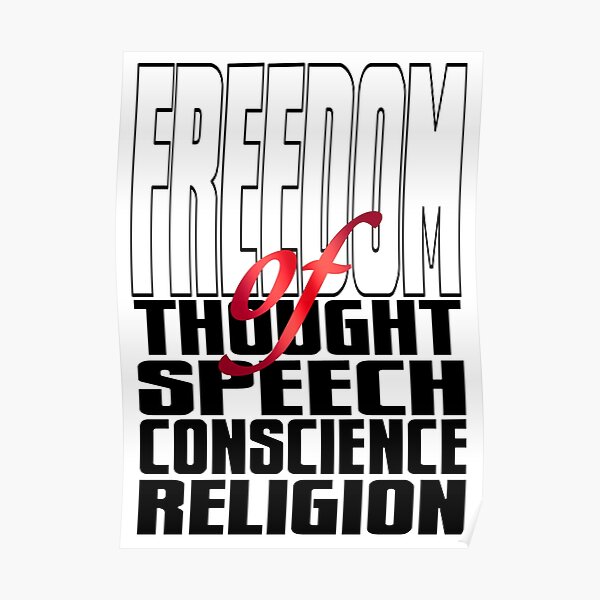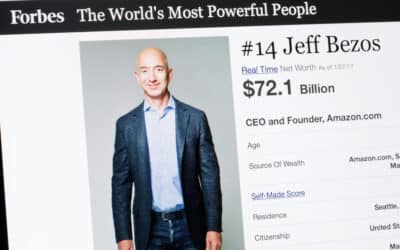Perhaps you’ve noticed that we live in intolerant times. Many people claim to be endangered by the mere spoken or written expression of views on a range of issues. This has led to direct action to disrupt speakers on college campuses and elsewhere and to indirect government efforts to censor users of social media, which so far the courts have frowned on.
Believe it or not, this has had a silver lining. It’s elicited articulate renewed defenses of free speech and tolerance — long taken for granted.
But the tolerance movement should go further to include what the late philosopher Harvard Robert Nozick called “capitalist acts between consenting adults.” Those are also known in sum as the free market, an unfortunately unnoticed option these days. When it comes to human action, we find wide and increasing support for a host of government measures that interfere with the freedom of individuals to trade with one another on their own terms. Those who have become disillusioned with the intolerant so-called left seem to think the free-market alternative is unworthy of consideration. This may also be true of those who are disillusioned with the intolerant so-called right. They may embrace freedom of conscience, but they draw a line at freedom of exchange, as if conscience had no part in that.
This line seems arbitrary. A product innovator or builder of an enterprise is a creator who may well be as passionate about this chosen life purpose as a writer or an artist. (Ayn Rand stressed this.) The creator offers the product to consumers (or downstream producers), who are free to decide if what’s offered on given terms will serve their purposes. They are of course also free to decide that they do not want the offering and to go their own ways. Freedom of conscience permeates life in the marketplace, make no mistake about that.
Why should the work of people who dedicate their lives to such creations rank lower in our estimation than the work of artists? Is it because their products improve “only” material well-being and not spiritual well-being? That’s not a good reason. We are not ghosts.
More pertinent, why should the government interfere in consensual transactions deemed merely “economic”? You can see the discrimination in the matter of free speech. Generally, freedom of speech, at least until recently, has been sacrosanct. The First Amendment says it must be. But commercial speech can be and has been regulated and even banned in various ways. It gets no respect.
The courts have long distinguished between so-called fundamental liberties and non-fundamental liberties, a distinction for which no support exists anywhere. What we think of as economic liberties are in the second category and so are deemed less worthy of protection from the government. That means politicians and bureaucrats can put themselves between consenting parties and either forbid or regulate transactions without even the semblance of a compelling reason. They just need to tell the judge that a decree is aimed at some articulated objective. Those who are interfered with may not tell the meddlers, “Mind your own business. If you think you have a better way of doing things, start your own business.” That would get them heavily fined at the least. The consequences could be more severe.
Let’s look at some common examples, so common they are taken for granted. We have minimum product standards (outlawing less-expensive options), the minimum wage (creating unemployment), price controls such as rent control and so-called gouging bans (creating shortages), housing regulations and zoning (ditto), restrictions and taxes on trade with foreigners (creating higher prices), immigration control (preventing the free exchange of labor, etc.), occupational licensing (barring the choice of one’s work), industrial policy (picking winners), and drug and other “vice” prohibition (including the drinking of raw milk!). More could be added. In each case peaceful individuals are prevented from peacefully dealing with each other on mutually agreeable terms. Their freedom of conscience is intruded on by politicians and bureaucrats. Contracts are acts of conscience.
I object to the widely accepted distinction between personal liberty and economic liberty. As Thomas Sowell has pointed out, people select means to achieve all kinds of ends. Economics is a method of understanding the means-ends framework, but it does not provide grounds for distinguishing among ends. All ends are important to those who pursue them or else they would do something else. There is no personal and economic liberty. There is only liberty, which each person has a right to exercise in the pursuit of happiness.
If you believe people should respect each other, then you logically must extend that respect to freedom of commerce.








